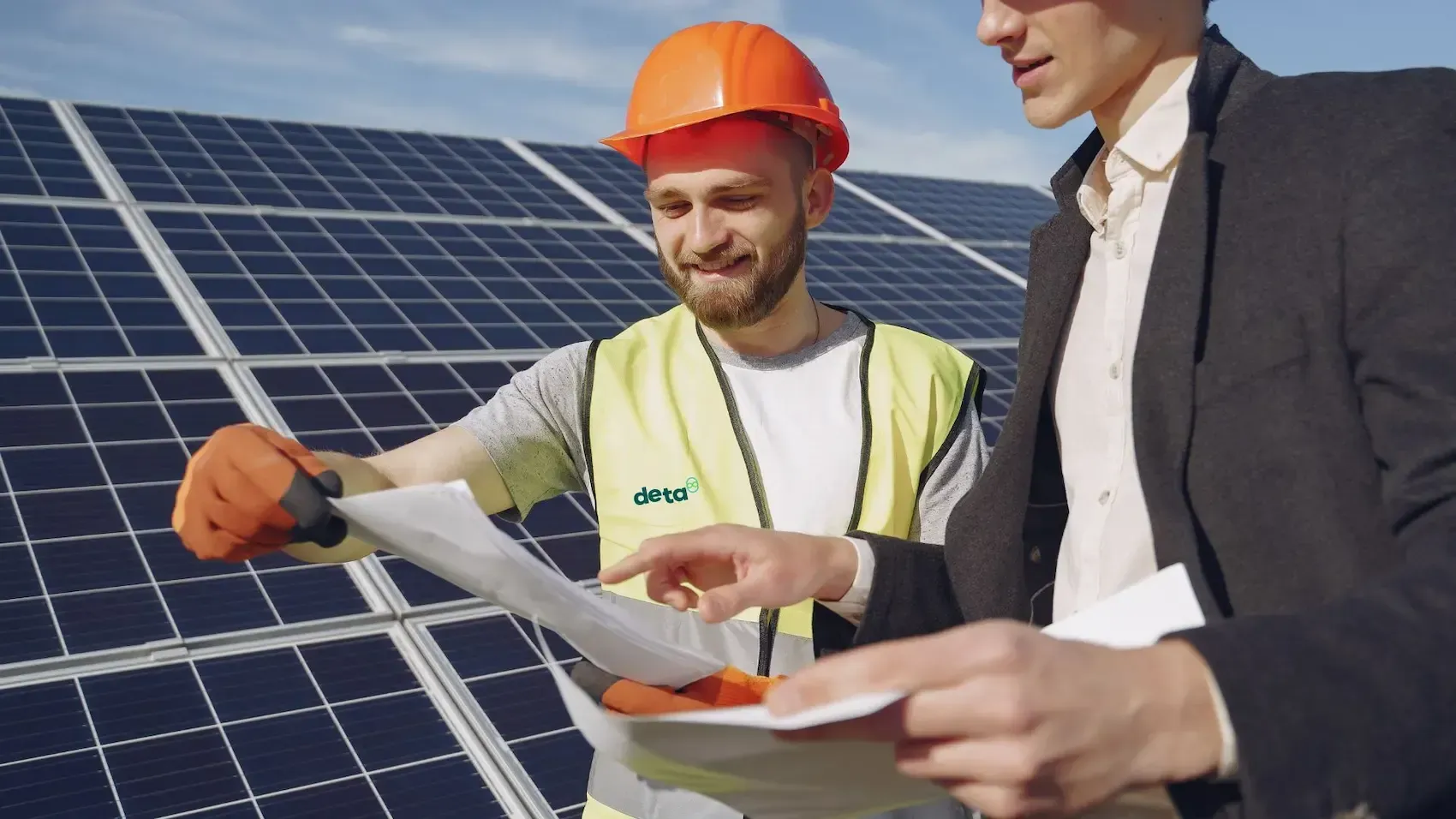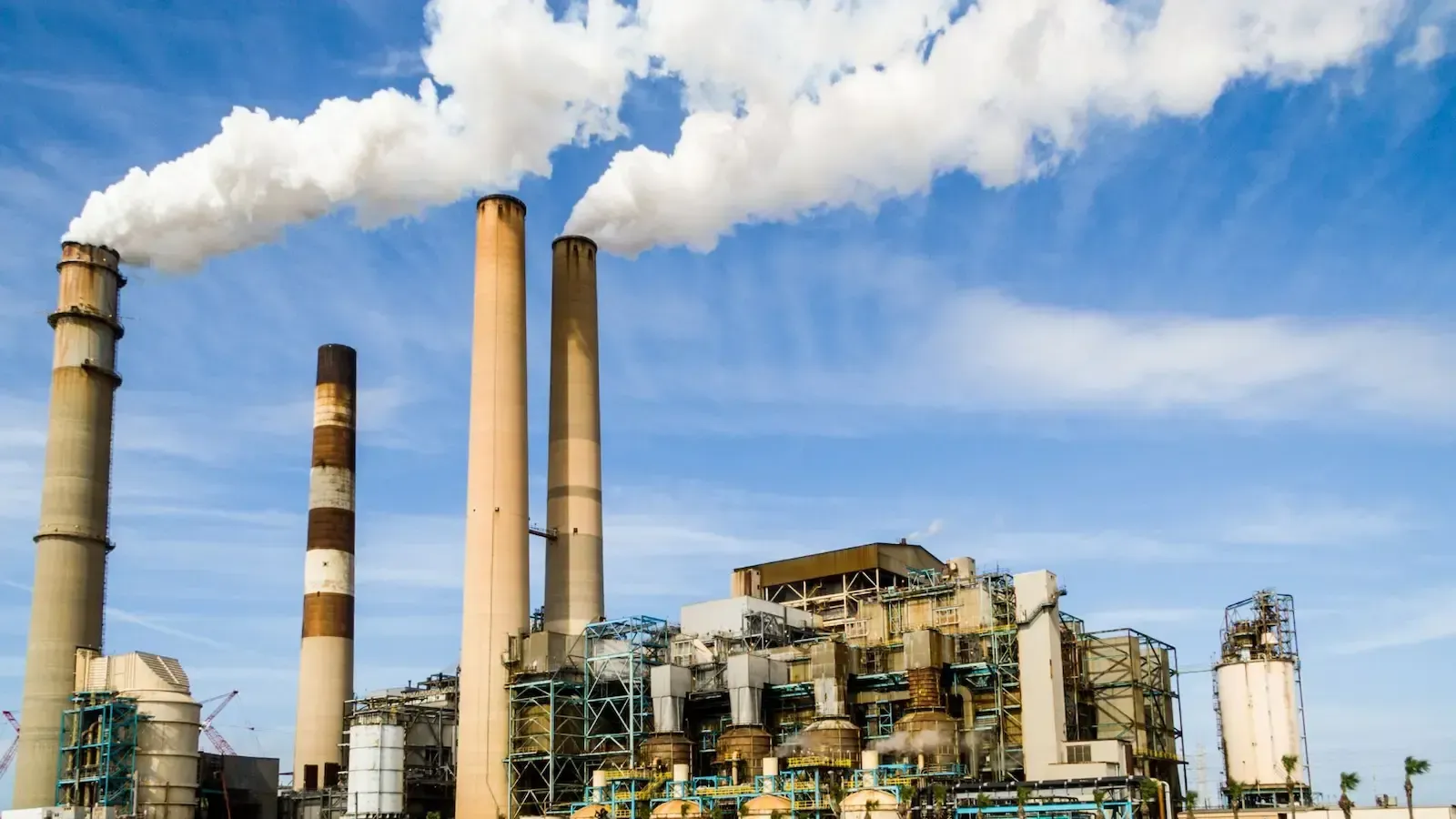Cop28 & the Path to Sustainable Global Energy Management: DETA on Tour
As the urgency to address climate change continues to escalate, the global community is gearing up for the 28th United Nations Climate Change Conference (COP28). Against the backdrop of the critical need for sustainable energy solutions, organisations from around the world are uniting to champion effective energy management, sustainability strategies, and decarbonisation initiatives.
What is COP28?
Hosted by the United Arab Emirates, COP28 is a prestigious event with over 70,000 delegates from 197 countries attending: it’s the annual Conference of the Parties (COP) under the United Nations Framework Convention on Climate Change (UNFCCC). It’s hugely important as it focuses on facilitating critical negotiations and actions to combat climate change. COP28 is an opportunity for collaboration between nations and industries to drive progress to achieve the targets of the Paris Agreement. At the core of the COP28 UAE agenda lies the priority of seeking feasible solutions and implement sustainable practices to address environmental challenges.
COP28 UAE is split into two distinct zones, each a hub for different types of stakeholders:
The Blue Zone: this is managed by the UNFCCC and hosts formal negotiations among the nations’ leaders, accredited parties and observer delegates (including NGOs, IGOs and UN Agencies). A wealth of knowledge is shared through panel discussions and speaking events. The Blue Zone serves as a platform for critical discussions on climate policies and agreements.
The Green Zone: this zone is spearheaded by the COP28 UAE Presidency and delivers a dynamic space for non-accredited delegates (such as businesses who deliver energy efficiency services). The Green Zone is where the private sector has the platform to share and advocate for climate action and showcase their innovative sustainable practices through technical conferences, panels, and activities with a focus on existing and future solutions to climate change.
COP28 is focused on accelerating transformative climate action on a large scale through cross sector collaborations, partnerships, capacity building and problem solving. By developing a robust ecosystem of innovative technology and solution seekers, investors, governments, and industries, COP28 has the drive and determination to make impactful change.

What’s on the agenda for COP28?
Here are some topics DETA expect to be discussed in COP28:
- Phasing out fossil fuels: although 80% of the world's energy comes from non-renewable fossil fuels, there is nothing in the Paris Agreement about restricting their use. COP28 could be when it is formalised.
- Protecting biodiversity and nature: protecting biodiversity is a huge issue and holds as much environmental weight as carbon reduction management.
- The loss and damage fund: established in COP27 to reallocate funds from richer countries into aid for poorer countries impacted by climate change, COP28 will formalise how to collect and share it where it is needed.
- Creating a framework dispersing funds for climate adaptation: the COP15 funding goal of $100 billion a year has yet to be met. Once in place it will help mitigate the substantial financial losses to individuals and organisations caused by climate change.
- Calling for the World Bank to go green: calls may be made to the World Bank to be more proactive in encouraging countries to make more sustainable decisions. COP28 may see the World Bank directing finance into renewable energy projects.
- Final figures of the Global Stocktake (GST): COP28 has a Global Stocktake (GST) every year. Every country in attendance must declare how they are performing in relation to their goals set in the Paris Agreement.

Why is DETA’s attendance at COP28 important?
The COP28 UAE Presidency recognises the need for governments and the private sector to work closely together to address climate change and seek feasible solutions. With a commitment to fostering a greener future, and as a prominent energy & engineering consultancy firm operating in New Zealand, Australia and the Pacific, DETA stands as a beacon of expertise in energy management, sustainability consulting, and ESG strategies. We work with some of Australasia’s largest companies, helping them to achieve significant energy, water savings and carbon emission reductions.
Attending COP28 enables us to participate and contribute to the global climate dialogue, but also to benefit from the sharing of information and innovative approaches. We cannot stress enough how exciting this opportunity is in terms of the evolution of our internal processes and the advice we give clients to foster and optimise sustainable best practices and mitigate the adverse effects of global warming.
How can your organisation play a part in protecting the climate?
New Zealand committed to reduce net greenhouse gas emissions in 2030 by 50 per cent below gross emission levels in 2005. To meet that target, New Zealand’s emissions between 2021 and 2030 must not exceed 571 megatonnes of carbon dioxide equivalent gases (Mt C02e). For context, in the year to June 2021, New Zealand emitted 84 Mt CO2e (just under one-sixth of the entire budget).
If emissions continue to be produced at the rate they currently are, carbon credits will have to be purchased to offset the difference.
It’s the old familiar story: while individual actions may feel small, cumulatively they can make a huge difference – and everyone has a responsibility. If you feel inspired by COP28 and want to be a changemaker for a sustainable future, it’s time to act.
A net zero plan is a carbon management strategy to reduce emissions. An energy audit and management go hand in hand to understand your organisation’s carbon footprint and environmental impact. DETA have an experienced team of energy and sustainability consultants in NZ/Australia to make the journey to net zero both seamless and effective.
DETA's role in driving sustainable energy management
DETA stands at the forefront of energy management and sustainability consulting services. Leveraging our expertise in energy efficiency, carbon management, water management, and process optimisation, DETA plays a crucial role in guiding organisations towards adopting sustainable practices and reducing their environmental footprint.
Our comprehensive services include energy audits, carbon reduction management, and wastewater management, which are tailored to each business to help them achieve their sustainability goals while optimising operational processes. DETA’s input enables organisations to develop and implement effective strategies that not only reduce carbon emissions but also contribute to the global efforts in combatting climate change.
By integrating sustainable energy solutions and fostering a culture of environmental stewardship, businesses significantly contribute to the global commitment to limit the rise in global temperatures and mitigate the adverse impacts of climate change.
If you’d like to learn more about how to take steps to becoming a net zero organisation and explore more about the benefits DETA’s sustainability consultants can bring to your business, contact our sustainability services today.
Visit our Thinking and Doing sustainability blog for COP28 outcomes.





